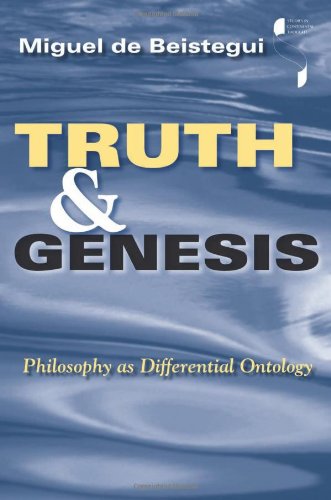

Most ebook files are in PDF format, so you can easily read them using various software such as Foxit Reader or directly on the Google Chrome browser.
Some ebook files are released by publishers in other formats such as .awz, .mobi, .epub, .fb2, etc. You may need to install specific software to read these formats on mobile/PC, such as Calibre.
Please read the tutorial at this link: https://ebookbell.com/faq
We offer FREE conversion to the popular formats you request; however, this may take some time. Therefore, right after payment, please email us, and we will try to provide the service as quickly as possible.
For some exceptional file formats or broken links (if any), please refrain from opening any disputes. Instead, email us first, and we will try to assist within a maximum of 6 hours.
EbookBell Team

4.3
78 reviews"... an attempt to revive ontology (or metaphysics)—indeed philosophy itself—by means of a two-sided conception of being.... This is a remarkable idea which has produced a powerful book." —Leonard Lawlor
"... a major philosophical study: rich, brilliant... a tour de force, a seminal study that will be a starting-point for future research in this area." —Robert Bernasconi
In Truth and Genesis, Miguel de Beistegui considers the role and meaning of philosophy today. Calling for a new departure for philosophy, one that brings together philosophy’s scattered identities, de Beistegui proposes a robust and unified philosophy that would find itself equally at home in artistic and scientific disciplines. To build this renewed philosophy, de Beistegui turns to Aristotle and the earliest foundations of thought. He traces philosophy’s development through the medieval and modern periods before comparing and investigating the work of two of the 20th century’s most influential thinkers, Martin Heidegger and Gilles Deleuze. In particular, de Beistegui focuses on Deleuze’s Difference and Repetition and Heidegger’s Contributions to Philosophy for their handling of the concept of difference. De Beistegui concludes that Deleuze and Heidegger are irreconcilable, but it is in their disagreements that he sees a way to liberate philosophy from its current crisis.